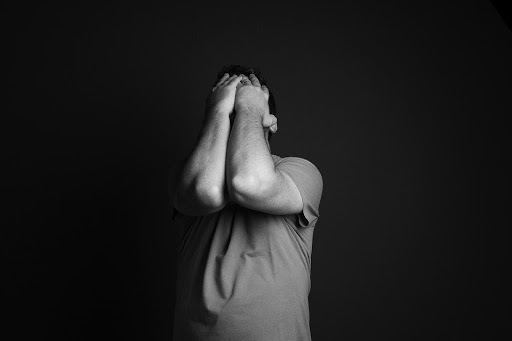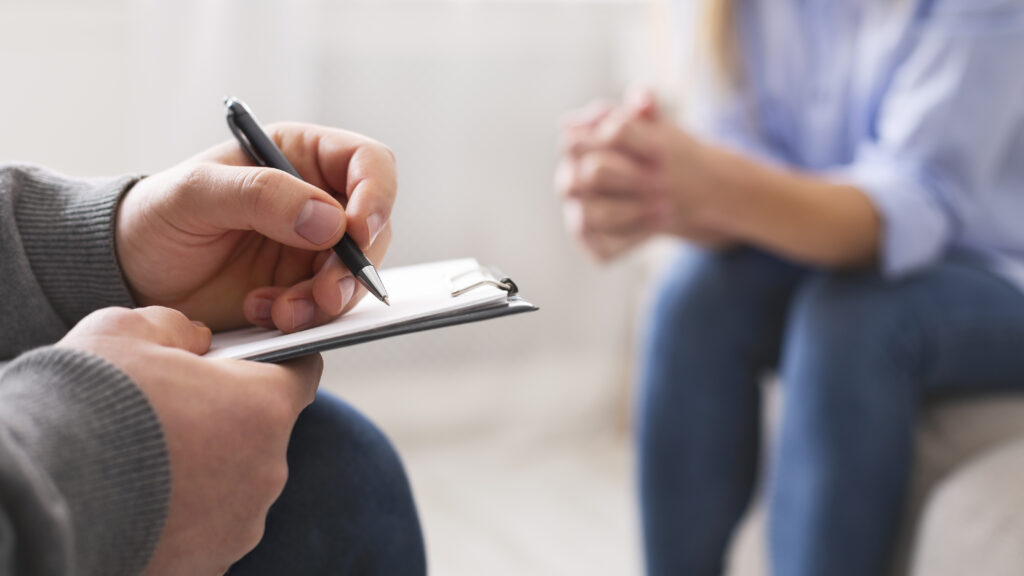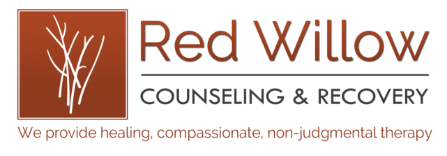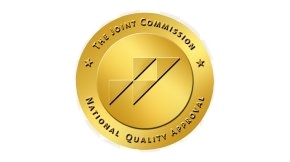
Depression is a common mental illness that affects many people of all ages. It can become debilitating and affect motivation levels, interpersonal relationships, and problem-solving skills. Depression is best handled by an individual in conjunction with therapists and/or medication. Therapy can be a crucial step in managing your depression and developing coping techniques to help you make it through the difficult times.
Life will continue to ebb and flow and change, so finding ways to cope with trials will help you become a more well-rounded person. Working with our practice can help patients of all ages feel better overall.
What Is Depression?
Everyone can experience sadness from time to time, but depression is more than just sadness. Depression refers to a loss of hope or loss of desire in activities you used to love for a persistent amount of time (at least two weeks). Feeling down throughout the day or feeling unconnected to those closest in your life are also signs of depression that might be debilitating.
Additional symptoms include:
- Diminished interest in doing activities
- Weight gain or loss
- Sleep problems
- Hyperactivity
- Slowed speech
- Feelings of worthlessness
- Feelings of hopelessness
- Difficulty focusing
- Suicidal thoughts
Therapy Creates A Safe Space To Talk
One of the biggest benefits of therapy is giving individuals a safe space to share their feelings and worries. Talking to parents or friends about depression symptoms may be scary, so talking with a therapist ensures a judgment-free zone where you can learn more about how to solve these struggles. Having a safe space helps people to be honest about their feelings and issues which will help therapists understand potential underlying issues.

Setting Goals During Therapy Sessions
Setting clear goals is the best way to help you stay on top of your mental health. Working with a therapist can help you set proper goals that will help bring you a higher sense of satisfaction. Setting goals can curb a sense of hopelessness or worthlessness by giving you something to look forward to. Accomplishing goals can help us see what we are capable of while pushing us out of our comfort zone to improve our brain power.
Therapy Techniques Used For Depression
Depending on the therapist, different techniques will be used for patients with different mental illnesses. Many therapists can mix techniques to find which options work best for you at the time. Here are some common therapy techniques used to help treat patients with depression.
Cognitive Behavioral Therapy (CBT)
CBT combines two therapy practices that are known to help with severe depression. Together, they can be powerful techniques to help change negative thought processes that contribute to depression symptoms. CBT can teach patients to recognize thought processes and negative behaviors. A therapist will help you recognize these patterns, and incorporate self-help strategies to help you break them.
Dialectical Behavioral Therapy (DBT)
DBT is a sub-discipline of CBT that helps you to acknowledge and accept the negative behaviors and come to terms with all emotions. This will allow you to change them and focus more of your energy on relationships and coping with stress. DBT can also include meditation practices that can be helpful for self-awareness.
Psychodynamic Therapy
Another treatment for depression is psychodynamic therapy. This therapy is used to treat depression that came about because of childhood, adolescence, or family conflict. Psychodynamic therapy helps you become more aware and is a better method for long-term treatment. Using psychodynamic therapy can bring up emotions and trauma that you weren’t aware of, but a therapist can then help you work through these to improve your mental state.

Depression Treatment From Red Willow
Our therapists at Red Willow Counseling And Recovery help to treat Seasonal Affective Disorder (SAD) and Depression. We make it easy for you to get help with your mental health with multiple therapists and evidence-based techniques. We offer free phone consultations to help you determine if therapy is right for you. Reach out to our team to help conquer your depression with ease by calling our Park City Location at 801-449-0548.




